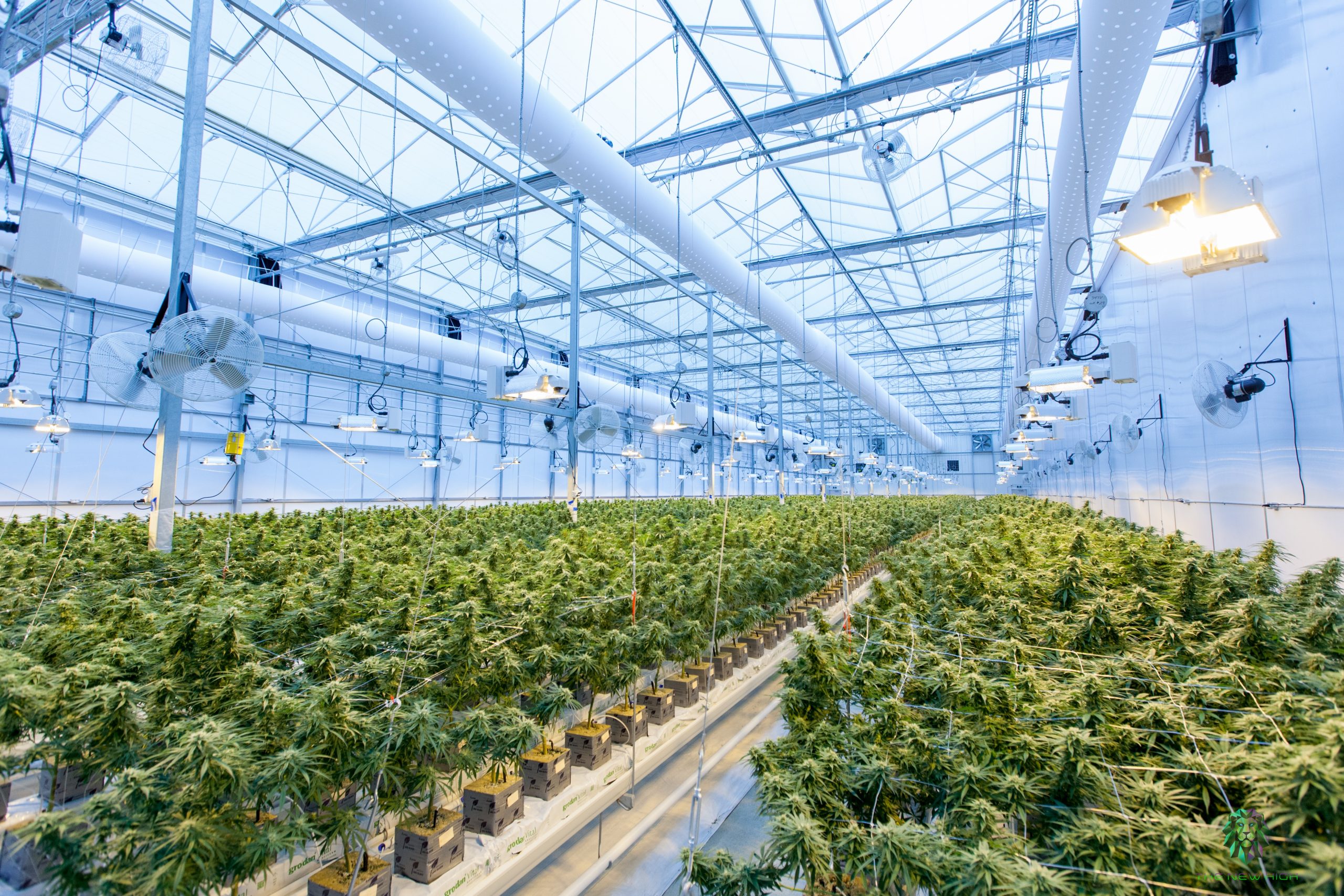Federal drug officials have issued a stern warning to Georgia, urging the state to halt its pioneering initiative to authorize pharmacies to dispense medical marijuana products.
The US Drug Enforcement Administration (DEA) recently alerted pharmacies that distributing medical marijuana is a direct violation of federal law, setting off ripples of concern within Georgia’s budding medical cannabis industry.
Despite the Georgia Board of Pharmacy greenlighting applications for dispensing medical marijuana in October, the DEA’s Nov. 27 directive has thrown a wrench into the works. With licenses already granted to 23 independent pharmacies in Georgia, the situation has left state officials grappling with the federal stance.
The Georgia Access to Medical Cannabis Commission, overseeing the state’s burgeoning medical marijuana sector, finds itself in a quandary.
Andrew Turnage, the commission’s executive director, expressed the state’s desire to enable pharmacists to provide consultations for medical cannabis, mirroring their approach with other medications.
Georgia’s THC Allowance vs. Federal Regulations

However, the federal decree holds sway, prohibiting pharmacies from handling or dispensing cannabis products exceeding 0.3% tetrahydrocannabinol (THC), the psychoactive compound responsible for inducing a high.
While Georgia permits medical marijuana products with up to 5% THC for patients with specific medical conditions, the federal classification deems such products unlawful under national drug regulations. This incongruity between state and federal laws has persisted, complicating the access to medical cannabis for patients since 2015.
The clash between state legalization and federal mandates isn’t unique to Georgia. The dichotomy prevails across the country, with 24 states allowing recreational marijuana use and 23 permitting various forms of medical cannabis, according to the National Conference of State Legislatures. (https://www.mdconnected.ca/)
Reacting to the DEA’s notice, pharmacy professionals like Ira Katz of Little Five Points Pharmacy in Atlanta expressed bewilderment, emphasizing the parity in the supply chain between pharmacies and dispensaries.
Meanwhile, the Georgia Pharmacy Association has voiced concerns over the conflicting laws, acknowledging the plight faced by pharmacists caught in this regulatory crossfire.
As Georgia grapples with this federal prohibition, the future of medical marijuana dispensation through pharmacies remains uncertain, leaving patients and industry stakeholders in a state of limbo.


Comments are closed.